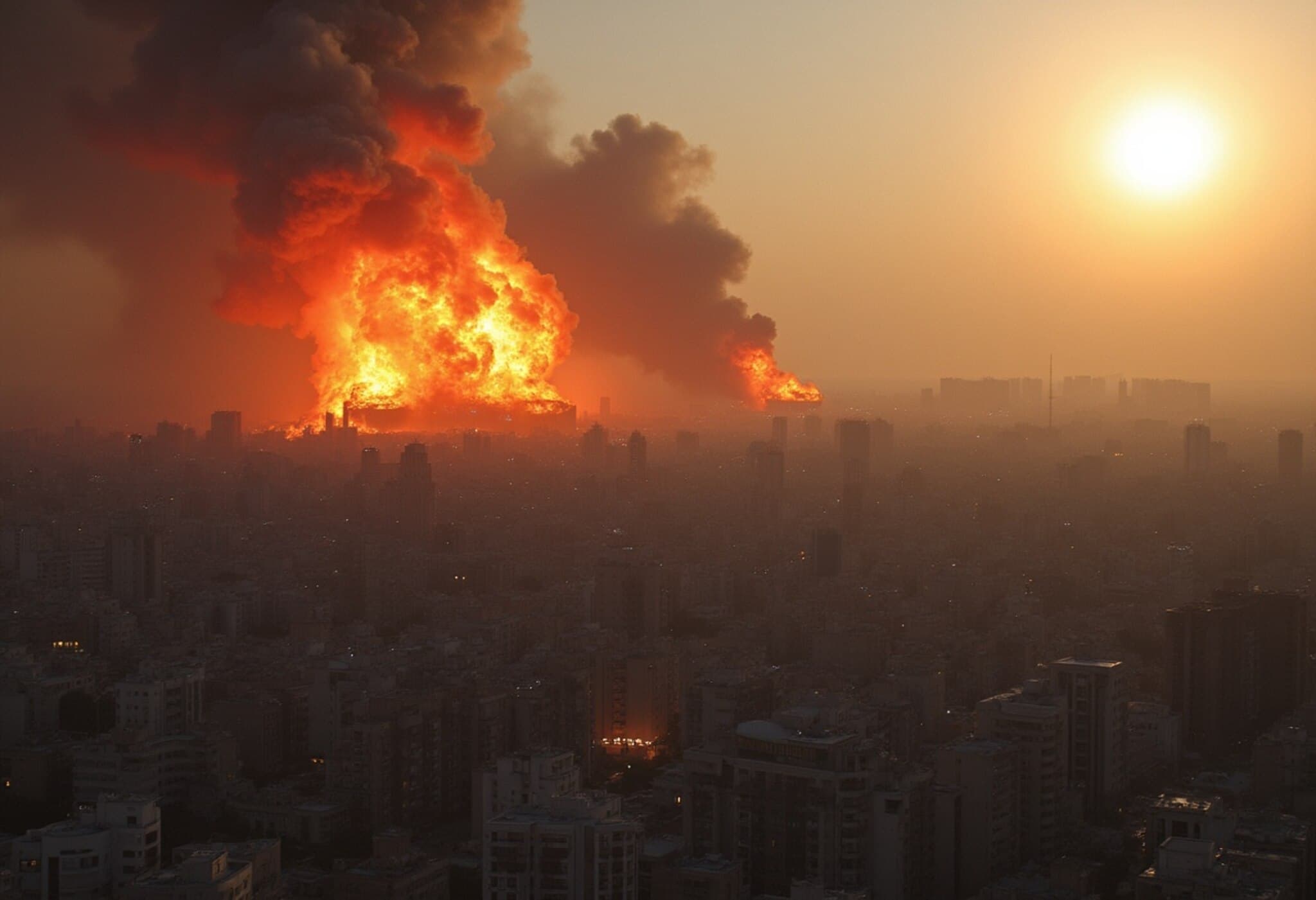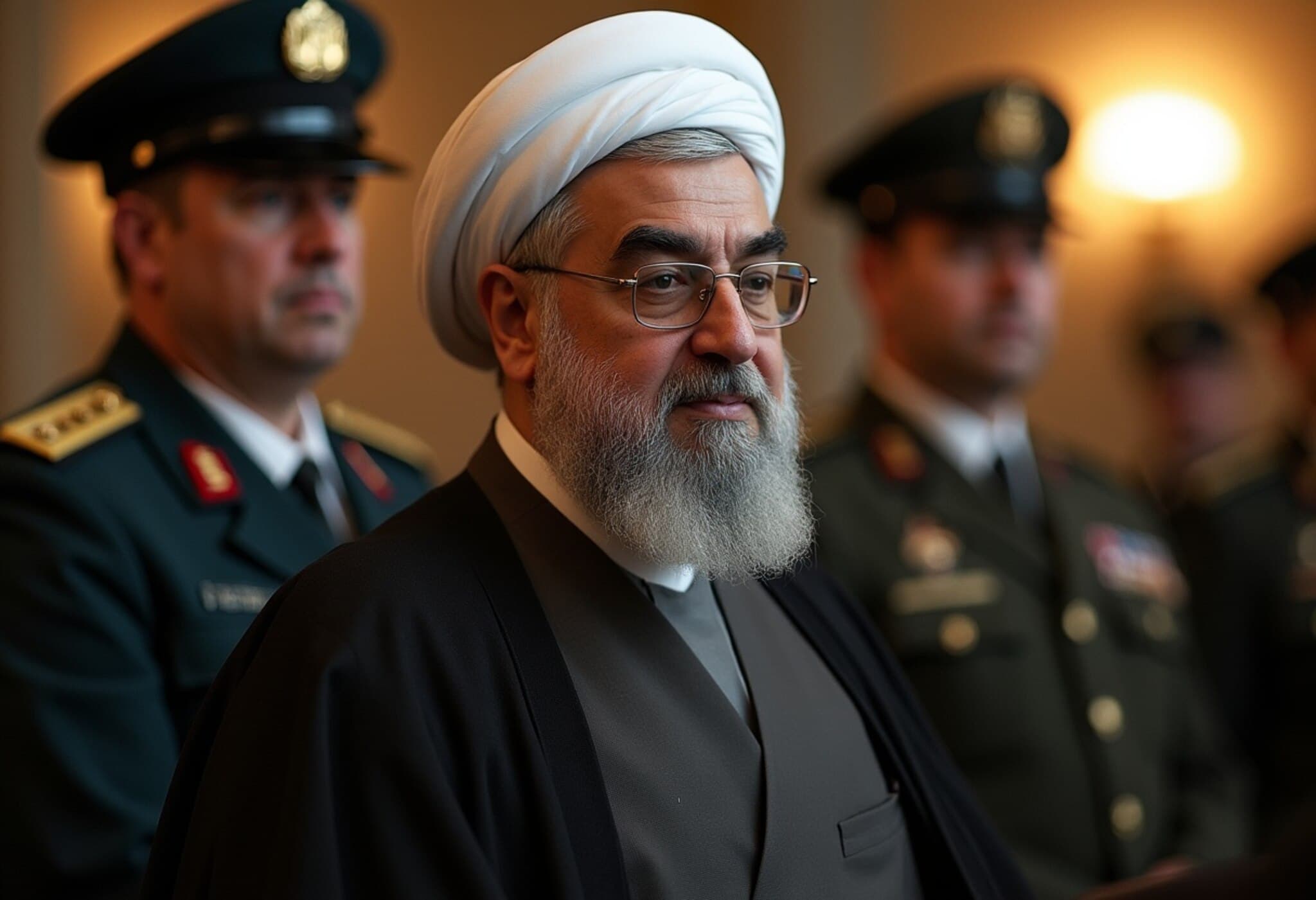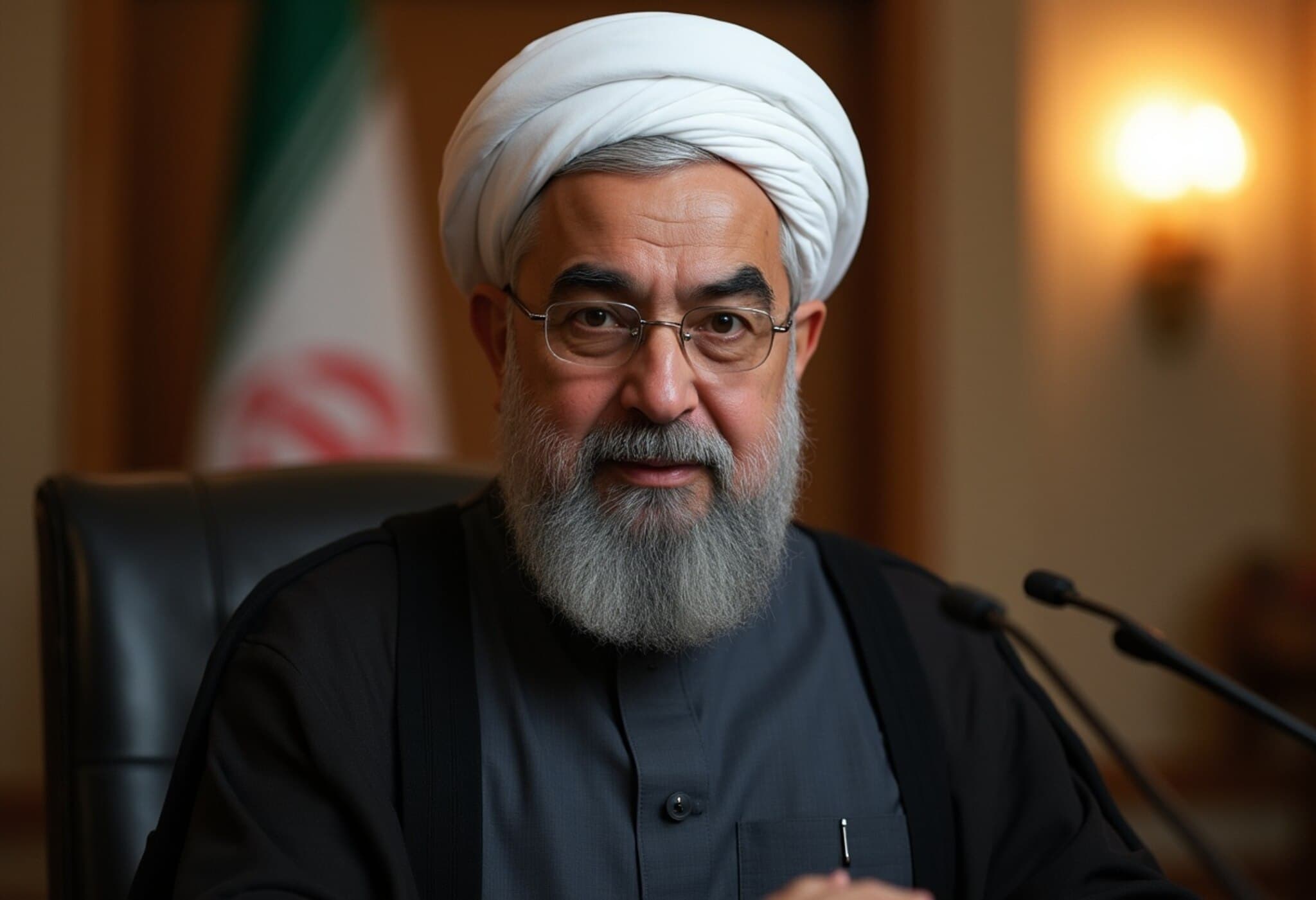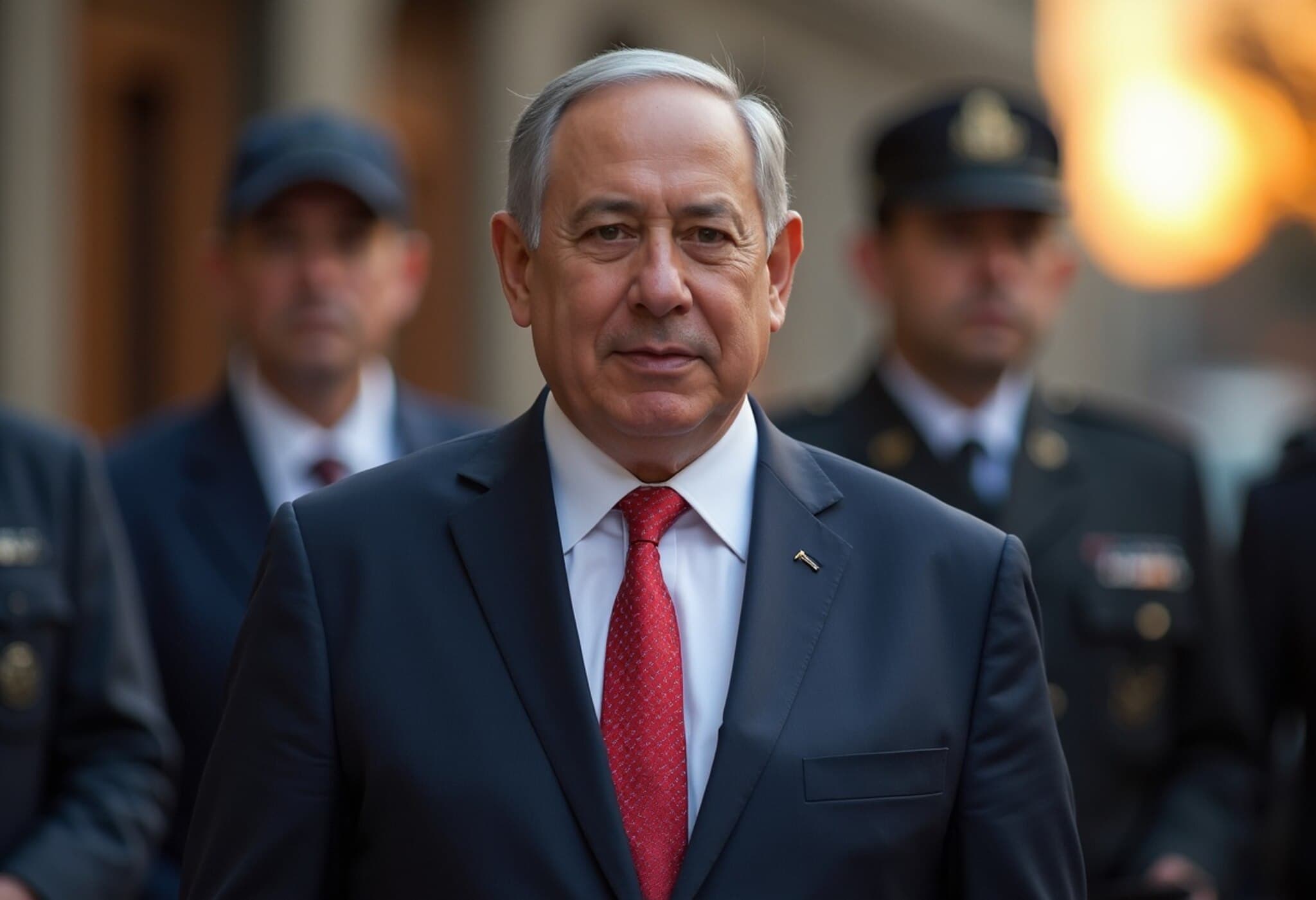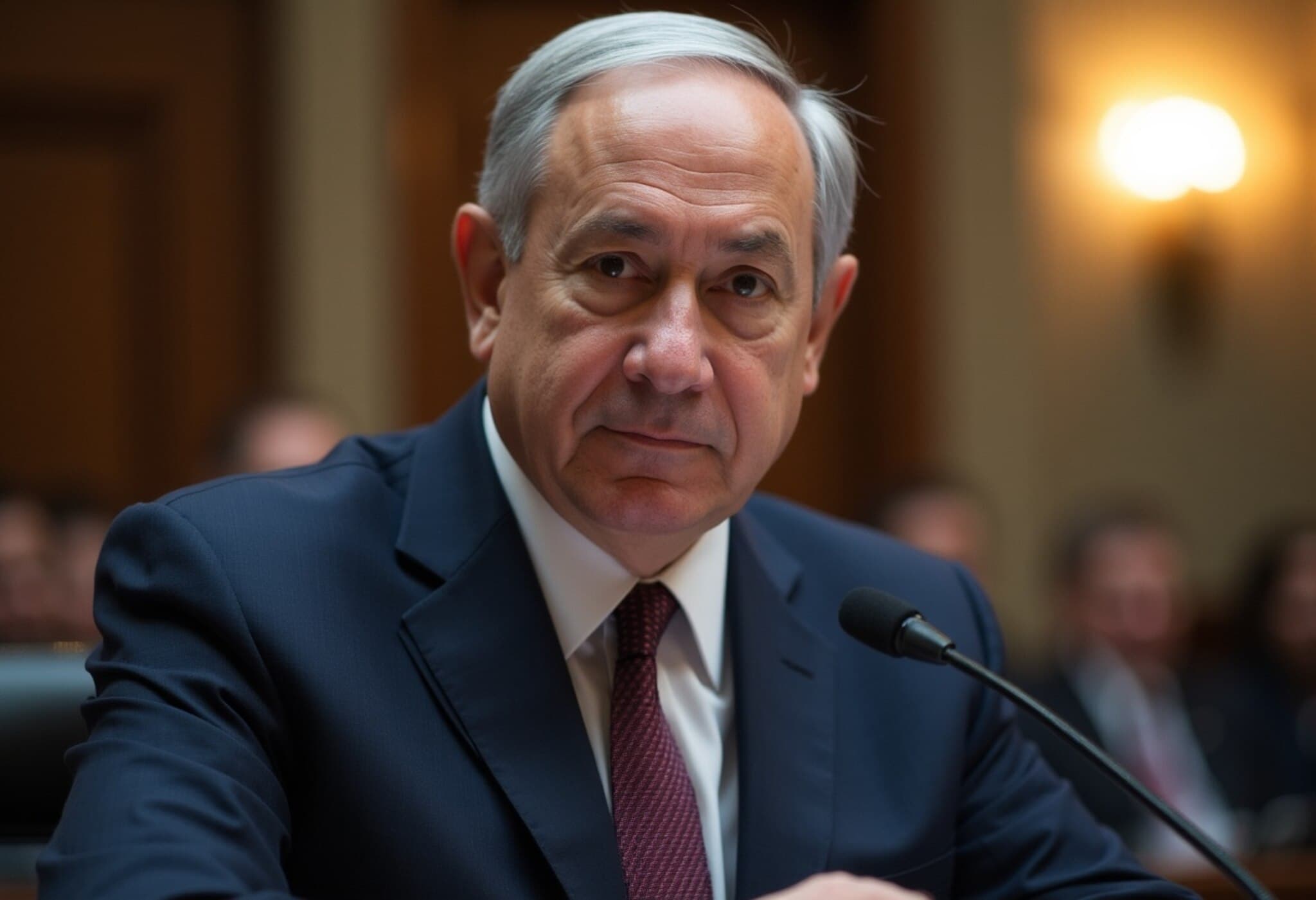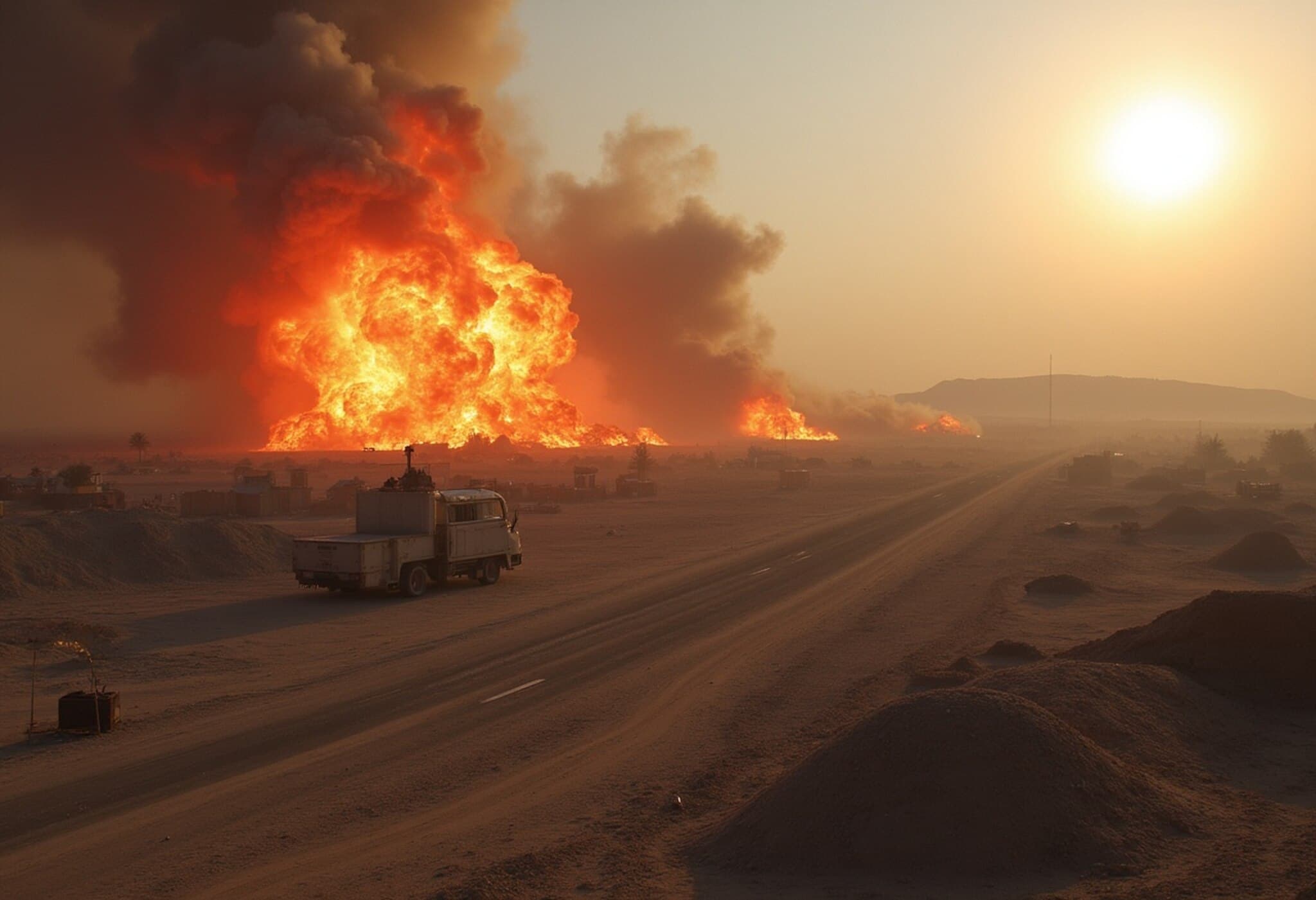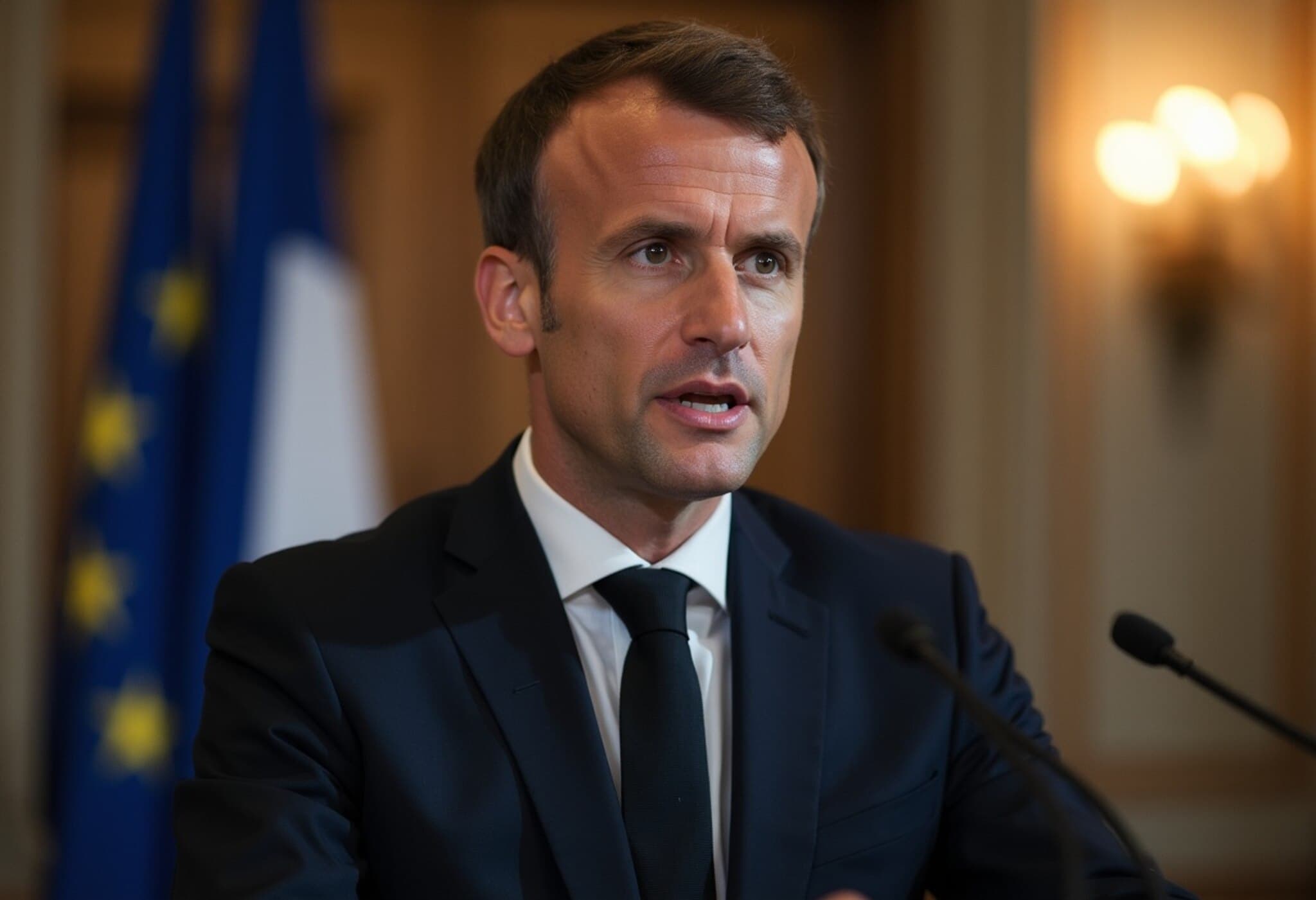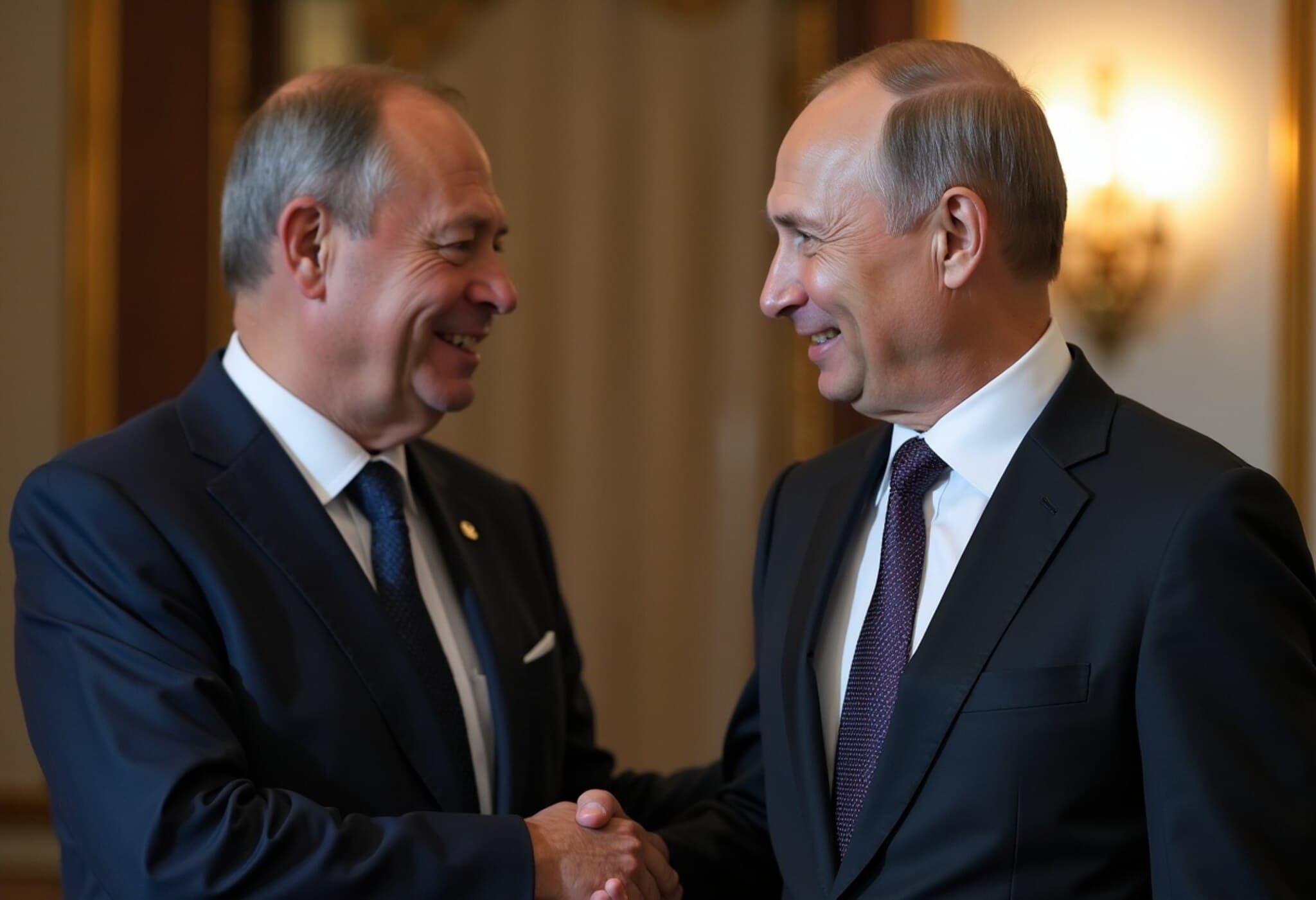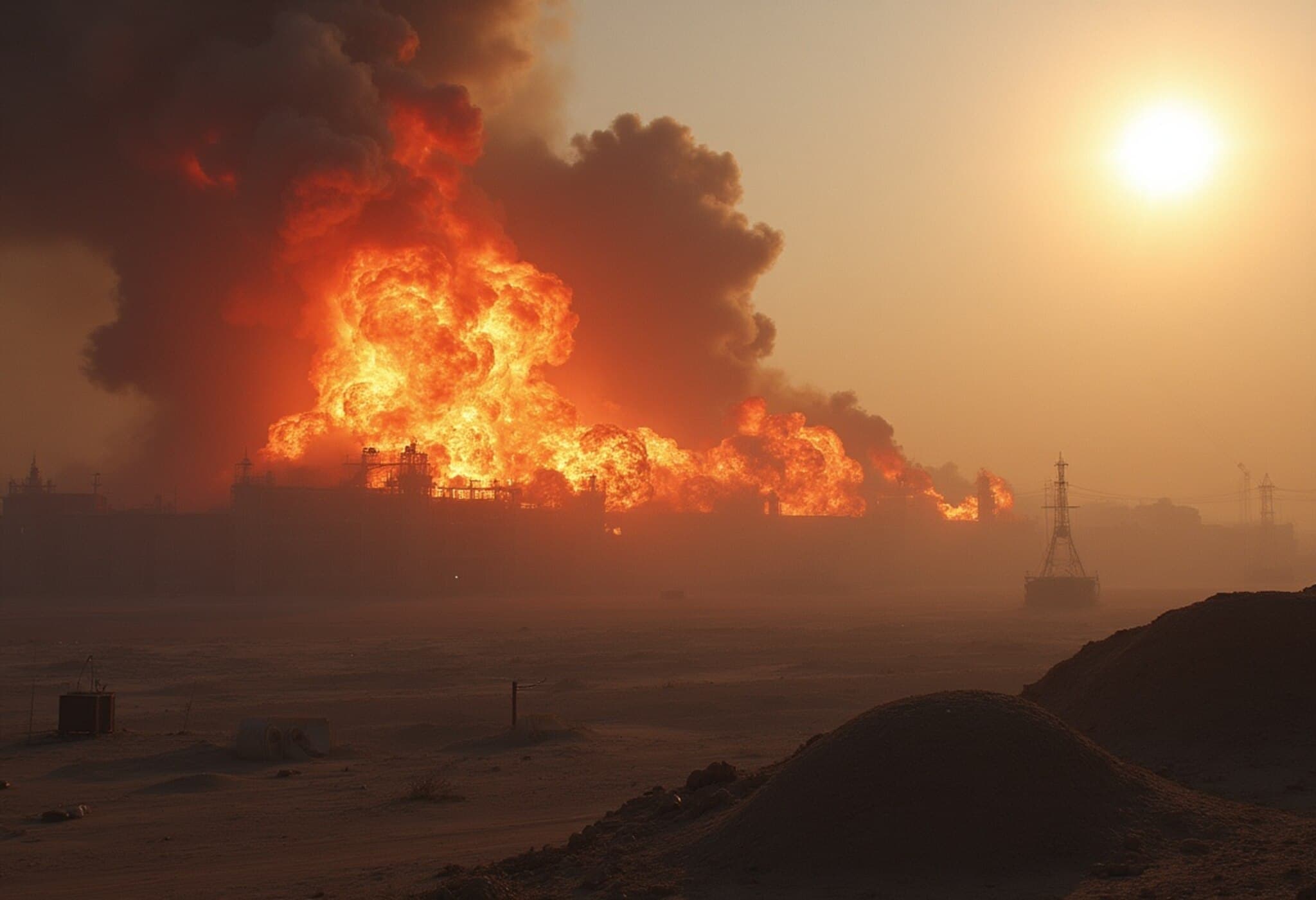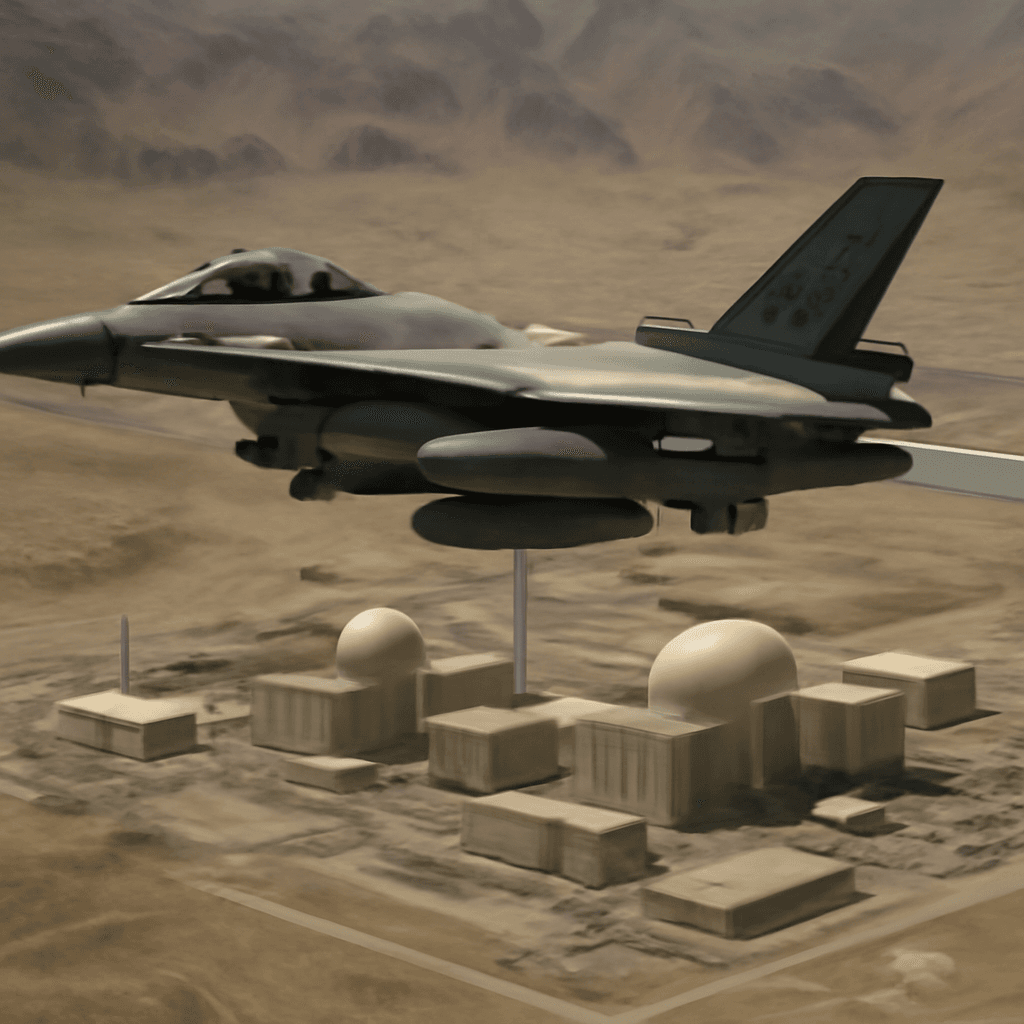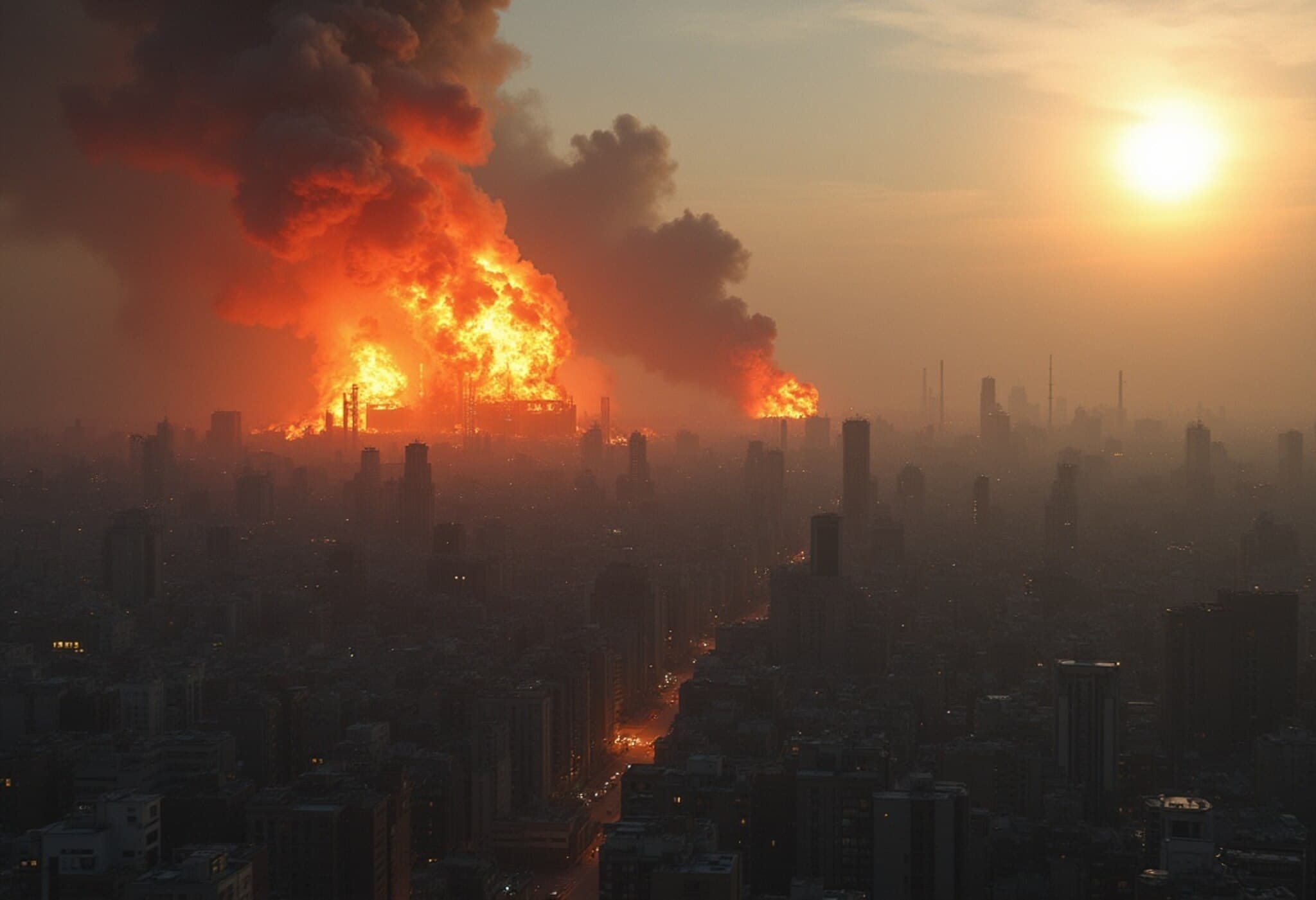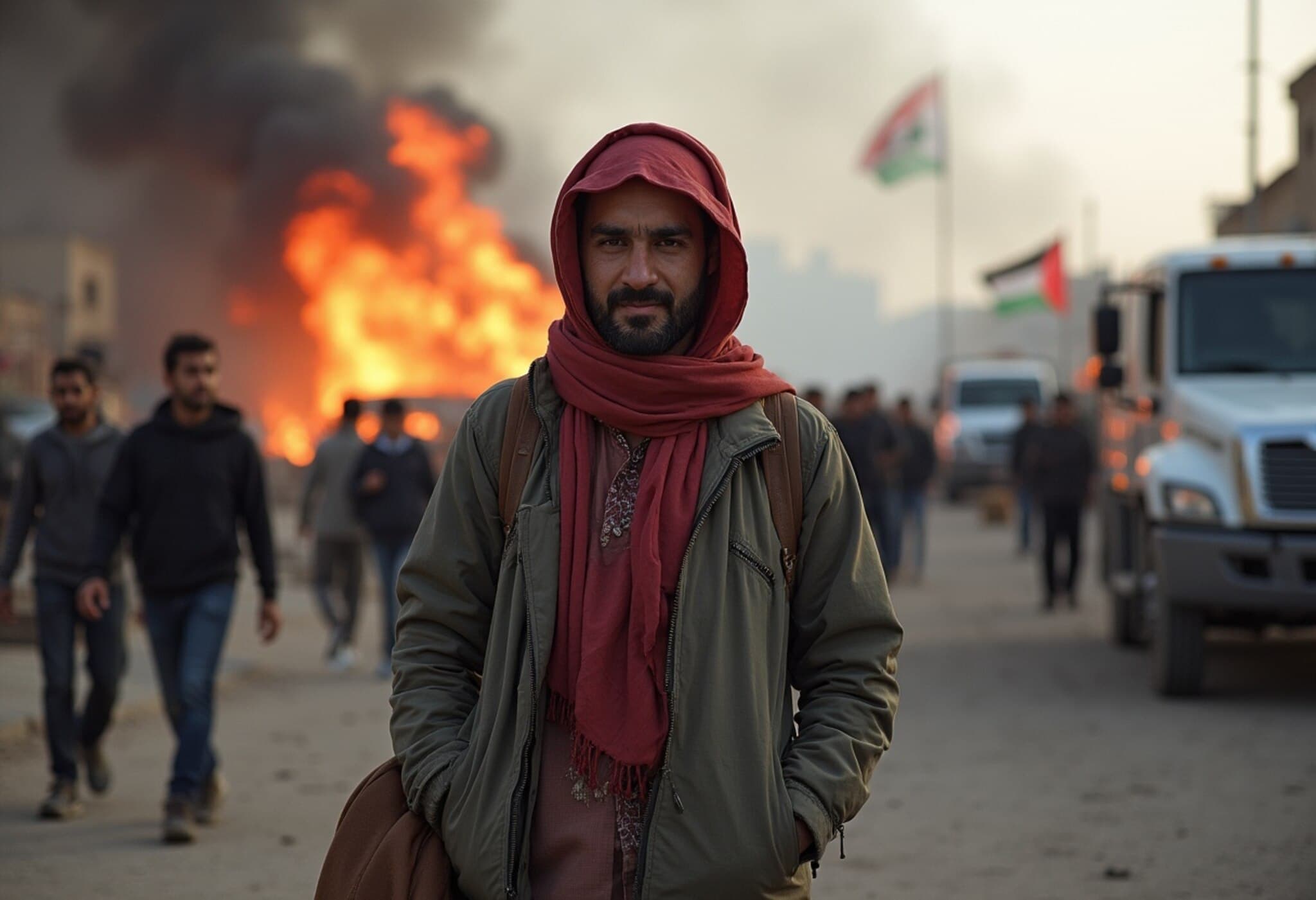Israel Reports Significant Setback to Iran's Nuclear Ambitions
Israel announced on Saturday that its recent military strikes have delayed Iran's suspected nuclear weapons program by at least two years. The revelation came amid escalating conflict, following warnings from the United States about possible air strikes against Iran if tensions continue to rise.
US Weighs In But Remains Noncommittal
US President Donald Trump indicated he remains undecided about direct American involvement in Israel’s campaign against Iran. At a press briefing, he emphasized, "Iran doesn’t want to speak to Europe. They want to speak to us. Europe is not going to be able to help in this." Despite pressure, Trump expressed reluctance to ask Israel to halt its attacks, noting, "If somebody’s winning, it’s a little bit harder to do."
Targeting Iran's Missile Sites and Nuclear Facilities
According to Israeli officials, recent air strikes have focused on missile storage and launch sites located in central Iran. These operations aim to impede Tehran’s development of nuclear weapons, despite Tehran’s persistent denials of pursuing such arms. Satellite imagery has revealed damage sustained by critical sites, including the Isfahan enrichment facility and the IRGC Ghadir site near Tehran.
Diplomatic Efforts to Restart Negotiations
Meanwhile, European diplomats have been actively seeking to revive talks with Iran. Representatives from Britain, France, and Germany recently met with Iran's deputy foreign minister, Abbas Araghchi, in Geneva, urging a return to negotiations with the United States.
French Foreign Minister Jean-Noel Barrot stressed the importance of inclusive talks, stating, "We invited the Iranian minister to consider negotiations with all sides, including the United States, without awaiting the cessation of strikes, which we also hope for." However, Araghchi responded firmly, "We’re not prepared to negotiate with them any more, as long as the aggression continues."
Ground Realities: Rising Casualties and Regional Concerns
In Tehran, many shops and markets remained closed as the conflict's impact deepens. Official Iranian death tolls have not been updated since Sunday, with the last figure at 224 fatalities. Unofficial estimates from human rights groups suggest that at least 657 people, including 263 civilians, may have lost their lives.
Iran has retaliated against Israel with missile and drone attacks since the onset of Israel’s operations on June 13. Israeli authorities have reported 25 deaths alongside numerous injuries, including 19 from recent strikes in Haifa.
British Foreign Secretary David Lammy highlighted the risk of further escalation, urging international efforts to contain the conflict. Regional organizations such as the Arab League and the Organisation of Islamic Cooperation have convened to discuss the situation.
In response to the growing instability, Switzerland announced the temporary closure of its embassy in Tehran but will continue to represent US interests in the region.
What’s Next?
With tensions showing little sign of easing, eyes remain on Washington’s next moves. Potential US involvement could see the deployment of specialized ordnance targeting Iran’s underground uranium enrichment facility at Fordo. As the conflict unfolds, regional and global attention sharpens on the delicate balance between military pressure and the pursuit of diplomatic solutions.

